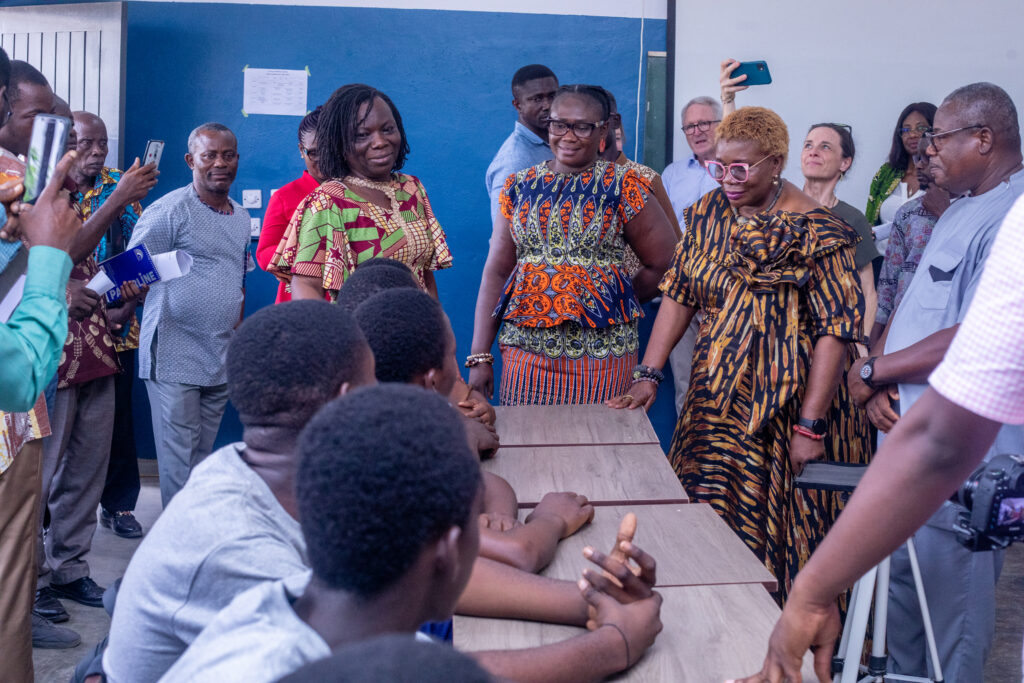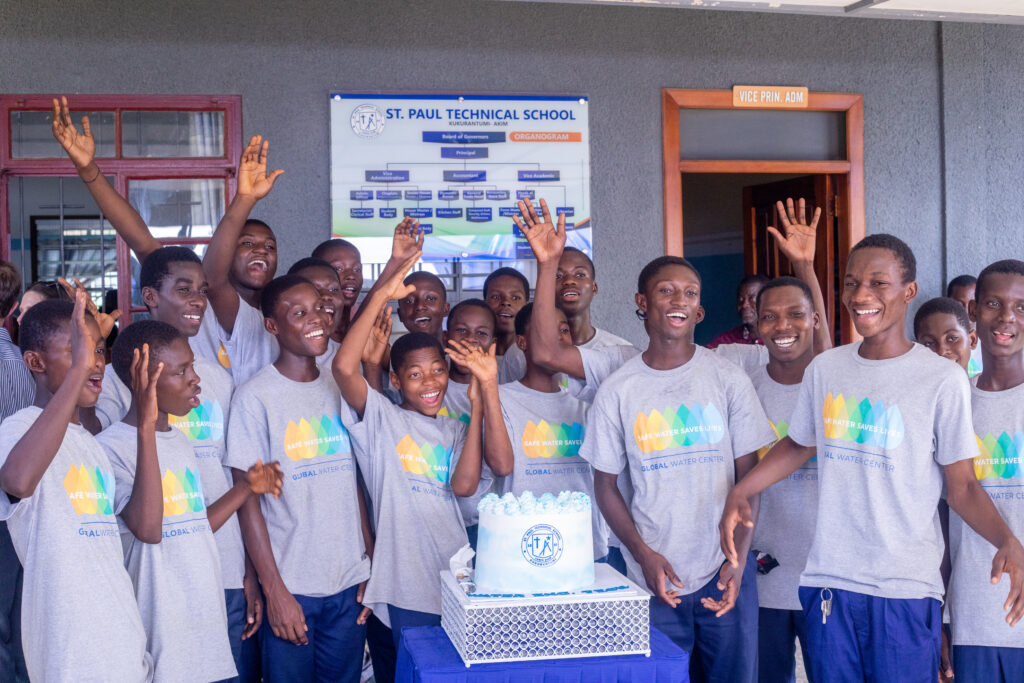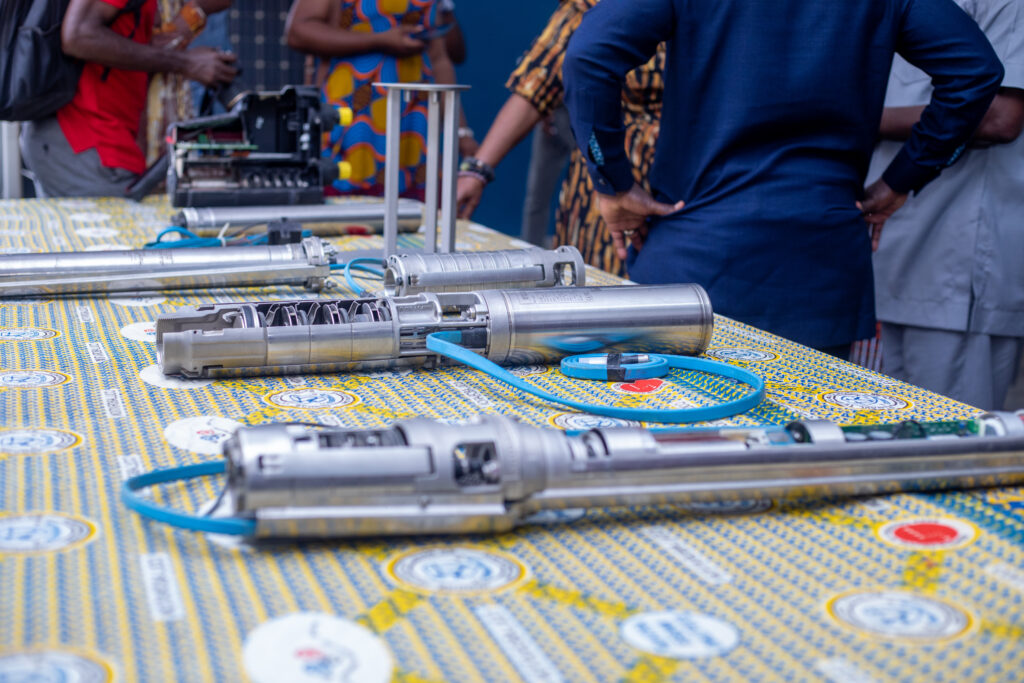Ghana: On 29 February, 2024, Grundfos SafeWater and Global Water Center (a non-profit in capacity development of the WASH sector) held the ceremonial launch of the first-of-its-kind curriculum for water management at St. Paul’s Technical Institute in East Akim Municipal.
Launch Event – Ghana Water Curriculum from Grundfos Foundation | PDJF on Vimeo.
The initiative — funded by the Grundfos Foundation — reached an important milestone in January 2024 when the first 20 students began a special vocational training programme at the St Paul’s Technical Institute in the Eastern region, where a laboratory has been equipped to give students hands-on experience.
“Education and vocational skills are important building blocks in creating a more sustainable and reliable water infrastructure in Ghana,” says Kim Nøhr Skibsted, Executive Director of the Grundfos Foundation. “This initiative will be key to improve overall health and hygiene, youth employment and economic development in rural communities.”
Nearly one-third of existing water systems in Ghana are not operating due to lack of maintenance, and many more operate below their design capacity. The new education initiative is designed to change this narrative.
“Young people will study solar pumps, water systems, treatment, distribution, how to reduce non-revenue water, irrigation, and so forth. This will equip them with employable skills and will support efforts to bridge the skills gap that small-town water implementers face across the region,” says Xorlali Yao-Kuma Kpodo, Engagement Manager, Grundfos SafeWater.
Partnership for education
Two curricula for the programme will give school-leavers the skills to install and maintain small-scale water systems, particularly in rural areas. The curricula were approved in October 2023 by the Board of Ghana’s Commission for Technical and Vocational Education and Training (CTVET) and has been developed in partnership with Safe Water Network, Cleanearth Scientific, Water Mission, UNICEF, Jahan Engineering, the Ghana Technical & Vocational Education Training (TVET) Service, Dr. Stephen Turkson and Grundfos distributors are also partnering.

The president of Ghana’s Commission for Technical and Vocational Education and Training (CTVET) with students. Photo: Global Water Center
Ghana has about 100 TVET institutions, 47 of them supported by the government — these are the ones that can now run the curriculum.
Eileen Jarnholt, Project Manager for TVET Development at Global Water Center — — says: “National Certificates I and II in Water Technology have been approved. Project partners are working together with the pilot school to prepare the staff and facilities for student to begin in January 2024.”
Benjamin Filskov, Senior Director, Strategic Initiatives & Collective Impact at Global Water Center, says the next phase of the initiative will see the development of occupational standards and learning materials for the National Proficiency I & II qualifications. “This will create a pathway for the most marginalised youth without any formal education to enter the workforce in the water sector.”
The partners hope this certification can be replicated across the country and provide the basis to scale the concept across the continent
“Building skills is core to our values,” says Anise Sacranie, Water Access Director, Grundfos SafeWater. “This programme does just this in rural areas where the need is greatest to ensure that water systems are reliable and sustainable!”



